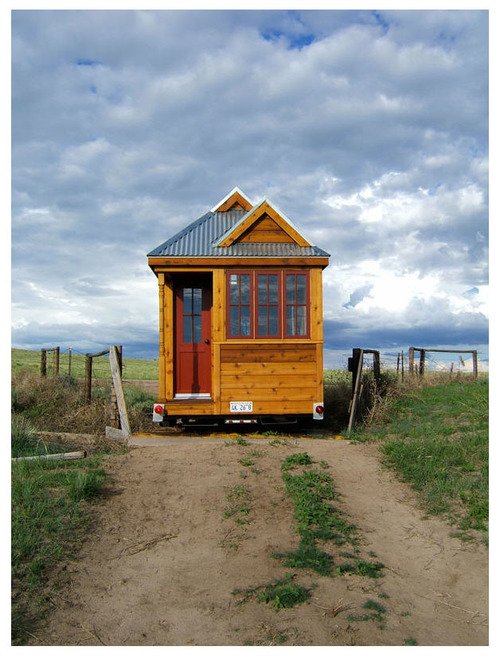Here's the scenario: you started a blog about year ago using the free service, blogger. You've posted weekly for a year, gotten great comments from your readers, and are really starting to get the hang of it.
The only problem? Everyone's telling you that you need to switch to WordPress.
I've worked with surprising number of clients in this exact situation. Whether or not they switch to WordPress is entirely dependent on their needs. If you find yourself in the same situation, here are 3 reasons you should stay and 3 reasons you should go.
Just a note: when I'm talking about switching to WordPress, I mean a self hosted WordPress blog. WordPress.com is the same concept as Blogger- it's a free service but your blog is hosted/maintained by someone else.
Hell Yes! (Make the Switch)
1. Own your own content
When you're on Blogger (or any other free service like Tumblr, or WordPress.com), they own you. If you inadvertently violate the terms of service your blog could be shut down. Poof. Gone. when you're on a self hosted WordPress blog, you own it. Nobody determines what content you can post except you.
2. Remove the generic branding
Nothing screams unprofessional like the blogger–branded bar at the top of every blogger site. Once you're on a self hosted WordPress site, you can enjoy the myriad of free and premium themes available. Don't like anything that's out there? Hire someone to build you a custom theme that meets your wildest dreams, or build it yourself.
3. Full control
If you're on WordPress, you have access to a huge library of (mostly) free plugins that can extend its functionality in almost any way possible. If you want your website to do something, chances are that someone has developed a plugin for that. For example: If you're trying to use your blog as a way to promote your business, there's nothing like building an e-mail list to help you along. With WordPress you have lots of flexibility on where you can place your e-mail opt in forms.
Hell No! (Stay with Blogger)
1. Nothing is easy anymore.
What was once a easy, has become difficult. Even laying out a blog post so that it looks the way you want it can be a delicate dance Knowledge of HTML isn't required, but it certainly helps. As you add more plug-ins, the WordPress dashboard can get very spread out. Just remembering where to go to make the changes you need can be a memory test.
2. Painful transition
Though WordPress makes it quite easy to import your old posts from blogger, it isn't quite as easy to make sure you retain the same search enter my rankings when you switch. All of the images from your old posts that were imported will still be hosted on Blogger, so you have to make sure that you never fully close your blogger blog. There are companies you can pay to make this transition for you, but it's not clear whether they actually work out all the details.
3. Steep Learning Curve
While I think WordPress is totally user-friendly, it is a powerful platform. There are more options, settings, and things to learn. Don't just assume that you're going to be able to figure it out in a weekend. Learning WordPress is going to take away from whatever else you're spending time on. And if you don't have the time, then definitely don't switch.
So, should you make the switch?
A recent client was all set to make the switch, but we met one more time just to make sure everything was in place. We realized that she wasn't making the switch for the right reasons, and decided to stay with blogger for the time being, and wait until she really outgrew the platform to make the change.
My answer is…yes
Ultimately, you will need to make the switch. It would be wise to do it sooner than later. However, if you're focusing on other aspects of your business, you don't have the time, or the desire to put in the work necessary to make the switch, then you might as well wait.
What do you think?
Have you ever had to switch website platforms after starting? Why did you choose to change course?













